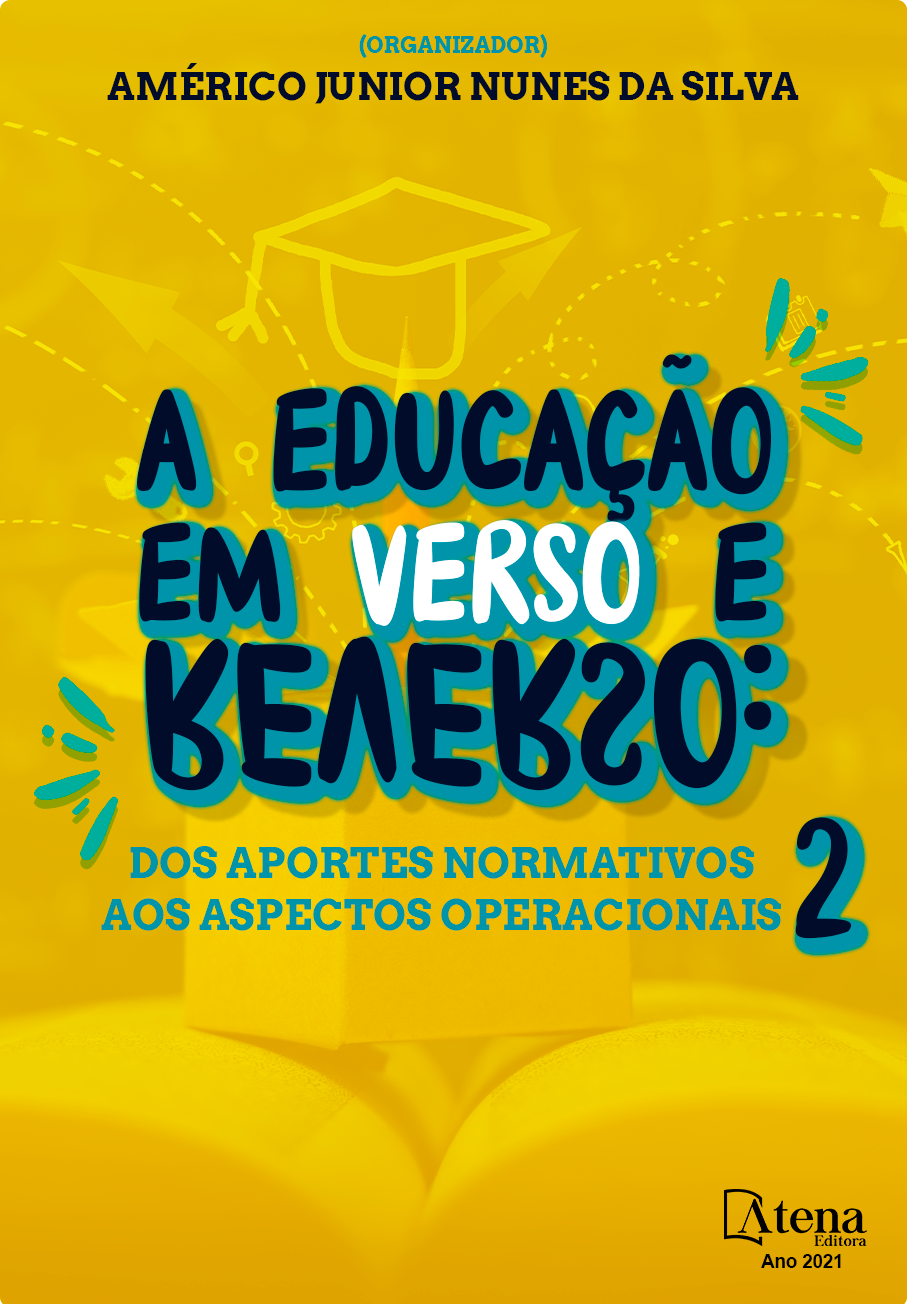
DESEMPENHO DOS/AS ESTUDANTES DE RIO VERDE- GOIÁS NA AVALIAÇÃO NACIONAL DA ALFABETIZAÇÃO
As avaliações externas nas escolas brasileiras fazem parte de políticas públicas que há quase três décadas vêm tentando aferir o desempenho escolar com uso de testes padronizados e com a finalidade de alcançar uma educação de qualidade. Baseados em dados quantitativos, os processos avaliativos externos, como a Avaliação Nacional da Alfabetização (ANA), medem o conhecimento dos/as estudantes a partir da proficiência em Língua Portuguesa (leitura e escrita) e em Matemática, o que, para muitos/as pesquisadores/as, resulta em estreitamento curricular, a partir de uma visão tecnicista que privilegia o domínio do básico em detrimento das demais áreas de formação. A ANA avaliava o desempenho dos/as estudantes do 3o ano do ensino fundamental anos iniciais, partindo do princípio de que eles/elas deveriam dominar cálculos e textos capazes de demonstrar alfabetização e letramento. Uma análise dos números das três edições da avaliação (2013, 2014 e 2016) mostrou que houve proficiência ou insuficiência em uma ou outra disciplina, em uma ou outra região do país, não havendo uniformidade na distribuição espacial. Com base nessas considerações, este estudo apontou os resultados das três avaliações ANA e revelou, por meio de pesquisa bibliográfica, a crítica aos padrões avaliativos que não levam em consideração as condições socioeconômicas das crianças, seus entornos, seus ambientes e suas relações com a escola. A crítica se faz também ao que se acredita ser um panorama de controle externo dos/as professores/as e das escolas brasileiras, tentando inseri-los/las na lógica de mercado para, no futuro, talvez, caminhar para a privatização do ensino. Uma análise dos resultados nas escolas de Rio Verde, em Goiás, apontou bons desempenhos dos/as estudantes na ANA, isto não significa que o ensino do município seja melhor do que o restante do país. Não são os escores, afinal, que medem a qualidade. Estes só interessam à visão neoliberal da educação.
DESEMPENHO DOS/AS ESTUDANTES DE RIO VERDE- GOIÁS NA AVALIAÇÃO NACIONAL DA ALFABETIZAÇÃO
-
DOI: https://doi.org/10.22533/at.ed.39221090719
-
Palavras-chave: Avaliação; Alfabetização; ANA.
-
Keywords: Assessment; Literacy; ANA.
-
Abstract:
External evaluations in Brazilian schools are part of public policies that for almost three decades have been trying to measure school performance using standardized tests and with the aim of achieving quality education. Based on quantitative data, external evaluation processes, such as the National Literacy Assessment (ANA), measure students' knowledge based on proficiency in Portuguese (reading and writing) and mathematics, which, for many researchers, results in a narrowing of the curriculum, based on a technicist vision that favors the mastery of the basics to the detriment of other areas of training. ANA assesses the performance of students in the third year of elementary school in the initial years, assuming that they must master calculations and texts being capable of demonstrating literacy. An analysis of the numbers of the last two editions of the evaluation (2014 and 2016), shows that there is proficiency or insufficiency in one or the other discipline, in one or another region of the country, with no uniformity in the spatial distribution. Based on these considerations, this study points out the results of the last two ANA evaluations and searches bibliographic research, a criticism of the evaluated standards that do not take into account the socioeconomic conditions of the children, their surroundings, their environments and their relations with the school. Based on these considerations, this study points out the results of the three ANA evaluations and searches in bibliographical research, the criticism to the evaluative standards that do not take into consideration the children's socioeconomic conditions, their surroundings, their environments, and their relationships with the school. The criticism is also made, to what is believed to be a panorama of external control of teachers and Brazilian schools, trying to insert them in the logic of the market in order to, in the future, perhaps, move towards privatization of education. An analysis of the results in the schools from Rio Verde, in Goiás, showed good performances by the students at ANA, this does not mean that the education of the municipality is better than the rest of the country. It is not the scores, after all, that measure quality. These are only of interest to the neoliberal view of education.
-
Número de páginas: 14
- Olenir Maria Mendes
- Fernanda Barros Ataides


